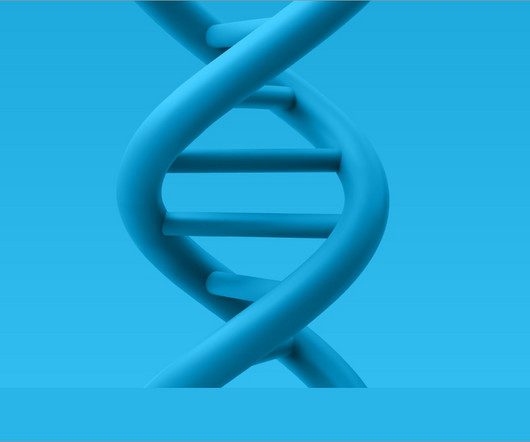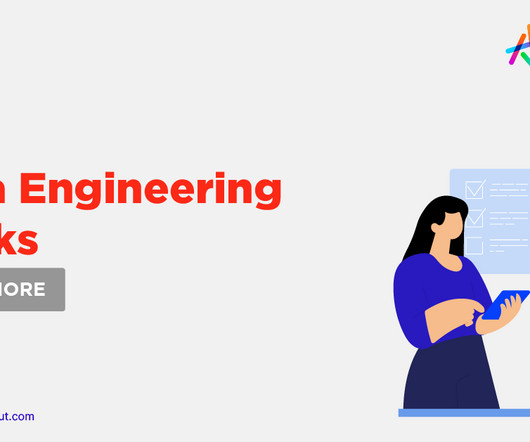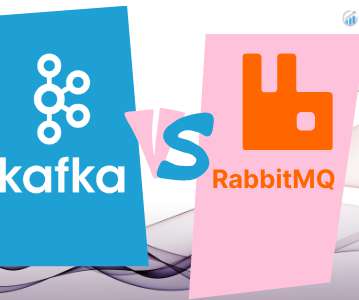Snowflake and the Pursuit Of Precision Medicine
Snowflake
NOVEMBER 29, 2023
Next-generation sequencing (NGS) technology has dramatically dropped the price of genomic sequencing, from about $1 million in 2007 to $600 today per whole genome sequencing (WGS). Flexibility to ensure that the data itself is interoperable and reusable across varied research, clinical and real-world use cases.













Let's personalize your content